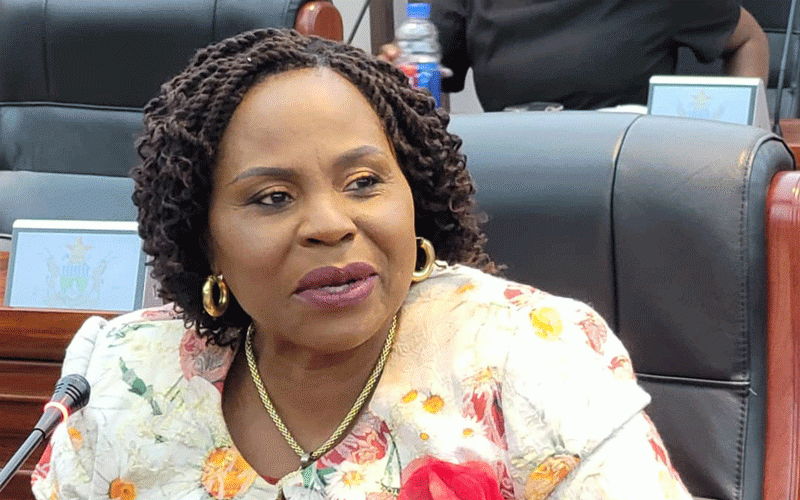
GOVERNMENT has urged small and medium enterprises (SMEs) to be agile and embrace artificial intelligence (AI) to boost their operations.
According to World Economic Forum, SMEs contribute more than 80% of Africa's employment. As such, the sector has become the engine for economic development.
In Zimbabwe, there are more than 3,4 million SMEs employing approximately 4,8 million people, official data shows.
"However, climate change provides challenges in business operations and SMEs need to prioritise adaptation of climate change resilience," Women Affairs, Community and SMEs minister Monica Mutsvangwa said during the official opening of the Zimbabwe National Chamber of Commerce annual congress in Victoria Falls on Wednesday.
"The business environment has become highly competitive (and) this calls upon SMEs to be agile. Use of AI can be a powerful tool (and) can improve customer relationships management."
She said the recently opened Manhize steel plant would bring a lot of downstream benefits for the SMEs.
"We are faced with a lot of prospects of massive steel foundries and downstream steel fabrication destined for African Continental Free Trade Area and other global trade markets," the minister said.
She said addressing climate change can also bring business opoturnities for SMEs.
- Challenges foreign airlines face to access blocked funds in Africa
- Zim’s AfCFTA opportunity
- The economic integration theme
- Feature: Zim needs to shift its trade matrix
Keep Reading
These include use of renewanle energy such as solar and wind, energy efficiency technologies, climate smart products and global readiness.
"Government will not fold hands as this phenomenal happens, climate change conference is going to happen in the country," she said.
The 2024 annual congress is running under the theme: Unlocking New Frontiers for Sustainable Industrialisation and Climate Smart Business Growth.










